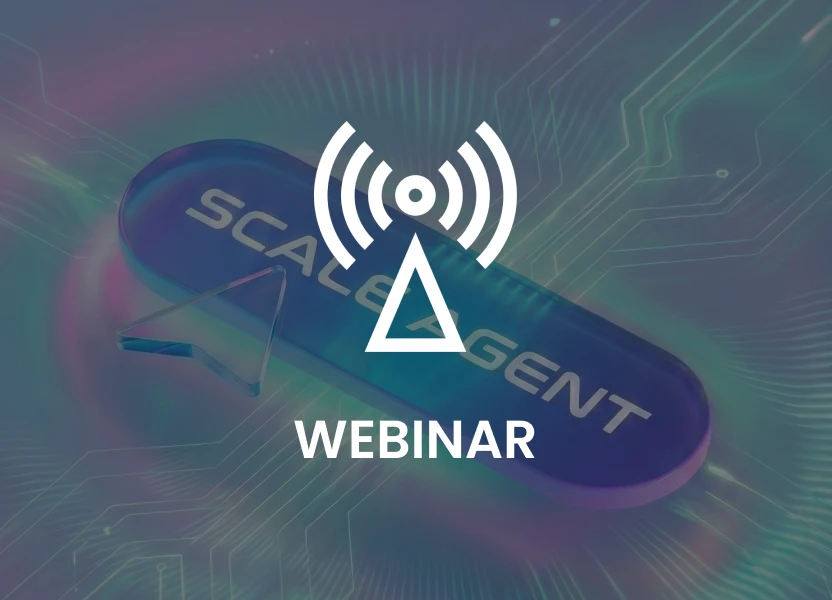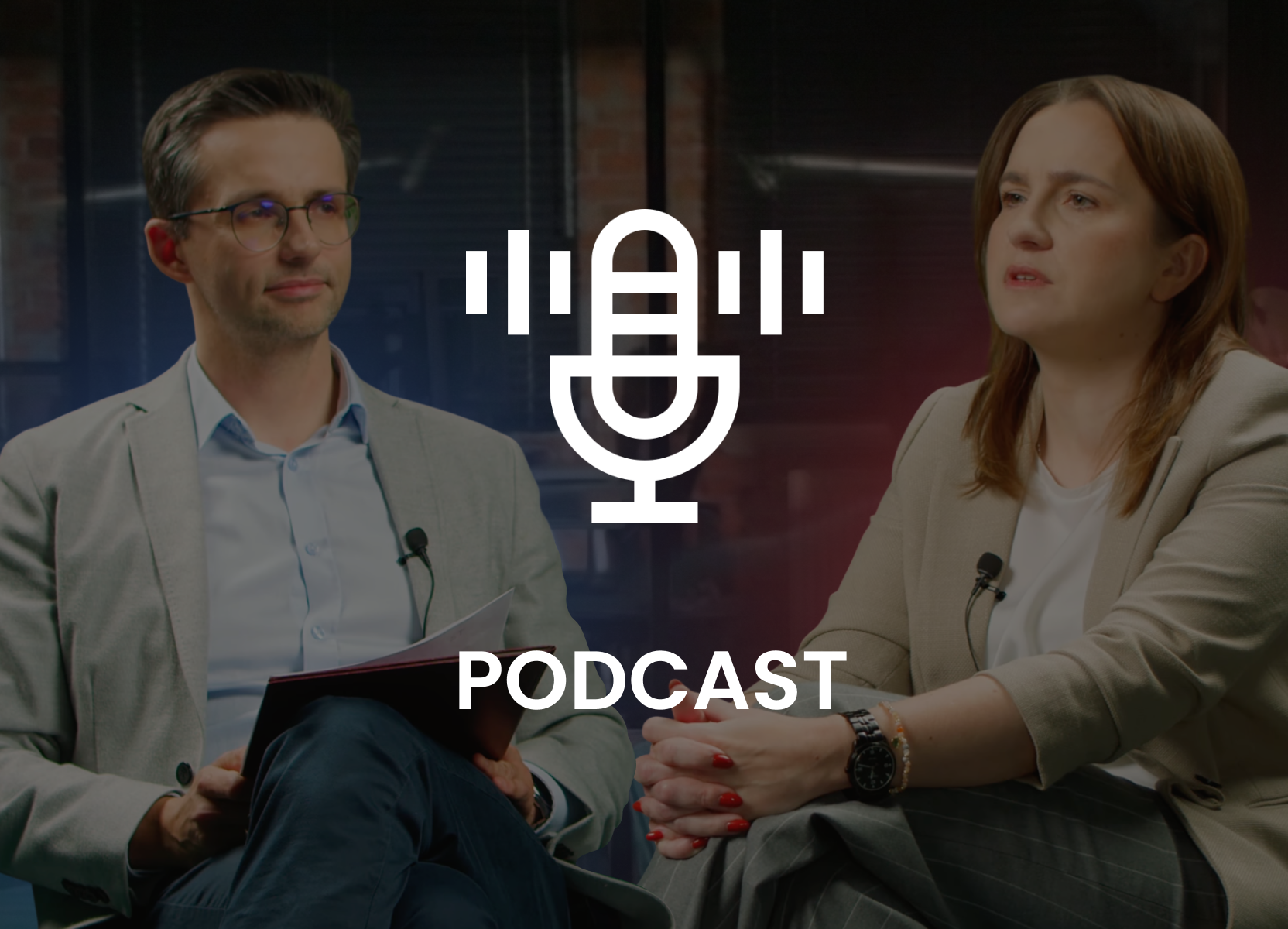1. Introduction to MLOps in the FMCG Industry
Definition of MLOps
MLOps, or Machine Learning Operations, is a set of practices that combine machine learning (ML) and IT operations (Ops) to accelerate and automate the deployment of ML models in production environments. MLOps enables companies to effectively manage the lifecycle of ML models, from development to deployment and monitoring.
Importance of MLOps in the FMCG Sector
In the Fast-Moving Consumer Goods (FMCG) industry, MLOps plays a crucial role in optimizing business processes. By implementing MLOps, companies can better analyze consumer data, forecast demand, manage inventory, and enhance operational and production efficiency. MLOps allows FMCG companies to quickly respond to changing market trends and customer preferences, which is essential in a rapidly evolving industry.
Overview of MLOps Applications in FMCG
MLOps has a wide range of applications in various aspects of FMCG operations:
- Supply Chain Optimization: Automating and optimizing logistics processes, leading to cost reduction and increased efficiency.
- Consumer Data Analysis: Personalizing offers and marketing campaigns based on advanced data analysis.
- Demand Forecasting: Accurately predicting product demand, enabling better inventory management.
- Inventory Management: Reducing waste and loss through improved control over stock levels.
- Operational Efficiency Improvement: Increasing the efficiency of production and operational processes through automation and optimization.
2. Fundamental Concepts of MLOps
Core Principles and Goals of MLOps
MLOps is based on several key principles:
- Automation: Automating repetitive processes in the ML model lifecycle to reduce errors and increase efficiency.
- Iterativity: Applying an iterative approach to developing and deploying models, allowing for continuous improvement and adaptation to changing conditions.
- Collaboration: Ensuring close collaboration between development, data science, and operations teams, which is essential for effective MLOps implementation.
Lifecycle of an MLOps Project: From Data to Deployment
The lifecycle of an MLOps project involves several stages:
- Data Collection and Processing: Gathering and preprocessing data necessary for training ML models.
- Model Training: Using collected data to train ML models with appropriate algorithms.
- Validation and Testing: Testing and validating models to ensure their accuracy and reliability.
- Deployment: Moving models to the production environment where they will be used to make decisions.
- Monitoring and Maintenance: Continuously monitoring model performance and updating them as needed.
Role of Cross-Functional Teams in MLOps
- Effective MLOps implementation requires the involvement of teams from various disciplines:
- Development Team: Responsible for creating and maintaining code and integrating ML models with applications.
- Data Science Team: Focuses on data analysis, model training, and developing new algorithms.
- Operations Team: Manages IT infrastructure and ensures the stability and scalability of the production environment.
At DS Stream, we have seen tremendous success through our cross-functional approach, where our Architecture, Data Science, and Implementation teams work closely together. For example, in one of our projects, the Architecture Team designed a scalable infrastructure using Kubernetes and Docker, while the Data Science Team focused on developing robust machine learning models. The Implementation Team ensured seamless deployment and operationalization, which was crucial for handling large-scale data analytics and maintaining model performance
3. Applications of MLOps in FMCG
Supply Chain Optimization
MLOps helps optimize the supply chain by automating logistics processes, improving demand forecasting, and reducing operational costs. Machine learning models can analyze vast amounts of data to identify inefficiencies and suggest improvements, leading to a more streamlined and cost-effective supply chain.
Consumer Data Analysis and Personalization
By leveraging MLOps, FMCG companies can analyze consumer data to gain insights into purchasing behaviors and preferences. This enables the creation of personalized marketing campaigns and product recommendations, enhancing customer engagement and satisfaction. Advanced analytics and machine learning models allow for real-time personalization, making interactions with customers more relevant and timely.
Demand Forecasting and Inventory Management
MLOps facilitates accurate demand forecasting by analyzing historical sales data, market trends, and other relevant factors. This helps FMCG companies predict future demand more precisely, ensuring optimal inventory levels and reducing the risk of stockouts or overstock situations. Improved inventory management leads to cost savings and better resource allocation.
Enhancing Operational Efficiency
Implementing MLOps in FMCG operations can lead to significant improvements in operational efficiency. By automating routine tasks and optimizing production processes, companies can reduce waste, minimize downtime, and increase overall productivity. Machine learning models can identify bottlenecks and suggest actionable insights to enhance workflow efficiency.
4. “Tools and Technologies in MLOps for FMCG"
Overview of Popular MLOps Tools
Several MLOps tools are widely used in the industry to streamline the development, deployment, and monitoring of machine learning models. Some of the most popular tools include:
- TensorFlow: An open-source platform for machine learning, widely used for developing ML models.
- Kubernetes: An open-source system for automating the deployment, scaling, and management of containerized applications.
- MLflow: An open-source platform to manage the ML lifecycle, including experimentation, reproducibility, and deployment.
- Kubeflow: A machine learning toolkit for Kubernetes, designed to simplify the deployment of ML workflows.
Specialized Tools for the FMCG Industry
In addition to general MLOps tools, there are specialized tools designed specifically for the
FMCG sector:
- Supply Chain Optimization Software: Tools like Llamasoft and Kinaxis offer advanced analytics and machine learning capabilities tailored for supply chain management.
- Customer Data Platforms (CDPs): Platforms like Segment and Tealium help FMCG companies collect, unify, and activate customer data for personalized marketing.
- Inventory Management Solutions: Tools like Zoho Inventory and TradeGecko integrate machine learning to optimize inventory levels and manage stock effectively.
Integrating MLOps Tools into FMCG Business Processes
Successful integration of MLOps tools into FMCG business processes requires careful planning and execution. At DS Stream, we specialize in deploying comprehensive MLOps solutions that include environment separation, automated CI/CD pipelines, and advanced monitoring tools. For instance, we implemented Kubeflow for managing ML workflows and BigQuery for large-scale data analytics in a recent FMCG project. This integration not only streamlined the development and deployment process but also enhanced the scalability and efficiency of the client's operations
5. Best Practices for Implementing MLOps in FMCG
Strategic Approach to MLOps Implementation
Implementing MLOps in FMCG requires a strategic approach that aligns with the company’s overall objectives. Key steps include:
- Setting Clear Goals: Define the desired outcomes and metrics for success.
- Creating a Roadmap: Develop a detailed plan outlining the stages of MLOps implementation.
- Engaging Stakeholders: Involve key stakeholders from different departments to ensure alignment and buy-in.
For instance, in of our projects, we established a clear roadmap for centralizing ML operations onto GCP, including data migration, environment setup, and the deployment of automated CI/CD pipelines using GitHub Actions. This strategic approach ensured that the implementation was aligned with business goals, resulting in significant cost savings and operational efficiencies for the client
Data Management and Model Pipelines
Effective data management is crucial for the success of MLOps. Best practices include:
- Data Quality Assurance: Implementing processes to ensure the accuracy and completeness of data.
- Scalable Data Pipelines: Designing data pipelines that can handle large volumes of data and support real-time processing.
- Version Control: Using version control systems to track changes in data and models, ensuring reproducibility and auditability.
Monitoring, Validation, and Iteration of Models
Continuous monitoring and validation of ML models are essential to maintain their
performance and reliability. Practices include:
- Real-Time Monitoring: Setting up real-time monitoring to track model performance and detect anomalies.
- Regular Validation: Periodically validating models against new data to ensure their accuracy and relevance.
- Iterative Improvements: Continuously refining models based on feedback and new data, following an iterative development approach.
Scaling MLOps Solutions in Large FMCG Enterprises
Scaling MLOps solutions across large FMCG enterprises involves:
- Standardization: Establishing standard practices and guidelines for MLOps across the organization.
- Automation: Leveraging automation to handle repetitive tasks and reduce manual effort.
- Collaboration: Promoting cross-functional collaboration to ensure seamless integration and execution of MLOps initiatives.
6. Case Studies and Practical Examples
Case Study 1: Centralized GCP MLOps Platform for Cost Efficiency and Streamlined
Development
Project Overview:
Time Frame: 2021 - 2022
Cloud Platform: Google Cloud Platform (GCP)
Client Industry: FMCG
Technologies: GCP, Kubeflow, BigQuery, Kubernetes, Python, Docker, CI/CD with GitHub
Actions
Challenge:
The client faced challenges in developing, deploying, and maintaining multiple ML production-ready use cases across different cloud platforms, leading to inefficiencies in resource consumption and maintenance. They sought a centralized platform to streamline development and deployment processes through effective CI/CD.
Project Description:
Our team embarked on a comprehensive project to centralize the client's diverse use cases onto GCP. Leveraging GCP's robust infrastructure, we designed and implemented a flexible, scalable solution that accommodated various business needs.
Solution:
Using Python for scripting, Docker for containerization, and Kubernetes for orchestration, we seamlessly migrated the client's use cases onto GCP. Kubeflow facilitated efficient ML workflows, while BigQuery handled large-scale data analytics. CI/CD pipelines using GitHub Actions ensured rapid and reliable deployment of new features. The platform automatically tests, integrates, and deploys new ML algorithms, with model monitoring and retraining triggered by data/concept drift.
Key Implementations:
- Automated CI/CD processes meeting organizational standards and best practices
- Auto-ticketing for operations team when ML pipelines fail (emails and tickets)
- Resource autoscaling and consumption logging
- Model versioning, monitoring, and retraining pipelines
Outcome/Benefits:
Centralizing operations onto GCP resulted in significant cost savings by optimizing resource consumption and maintenance efforts. The implementation of CI/CD pipelines empowered the client's development team to iterate quickly and deploy new features seamlessly, improving time-to-market and the overall quality and reliability of applications.
Conclusion:
Through strategic utilization of GCP and innovative technologies like Docker, Kubernetes, and CI/CD, we delivered a centralized, cost-effective, and agile platform for the client's business operations. This project highlights our expertise in MLOps and commitment to driving innovation and efficiency for our clients in the FMCG industry.
Other Case Studies:
Case Study 2: Democratizing Deep Learning with MLOps for FMCG Efficiency on Azure
Overview:
- Time Frame: 2022
- Cloud Platform: Microsoft Azure
- Client Industry: FMCG
- Technologies: Python, PyTorch, Docker, Kubernetes, PostgreSQL, ServiceBus, OpenTelemetry, Azure, CI/CD with GitHub Actions
Challenge & Solution:
The client needed to scale deep learning models to handle high traffic and large image datasets. DS Stream deployed a web application on Azure Kubernetes Service (AKS) to enable rapid testing and deployment of models, utilizing Python, PyTorch, and Kubernetes.
Outcome/Benefits:
The solution provided a cost-effective method for handling large datasets, with autoscaling in Kubernetes proving less expensive than managed endpoints. CI/CD pipelines ensured seamless feature deployment and validation.
Case Study 3: Standardizing FMCG Operations with the MLOps Platform Across Multiple Cloud Platforms
Overview:
- Time Frame: 2023 - Ongoing
- Cloud Platforms: Google Cloud Platform (GCP), Microsoft Azure, Databricks
- Client Industry: FMCG
- Technologies: Python, Docker, Kubernetes, Azure, GCP, Databricks, ChatGPT, Langchain, CI/CD with GitHub Actions
Challenge & Solution:
The client sought to standardize operations across multiple cloud platforms. DS Stream extended the client’s platform to support ML tasks on GCP, Azure, and Databricks, leveraging Docker, Kubernetes, and Python. A chatbot using ChatGPT and Langchain provided user support.
Outcome/Benefits:
The standardization led to increased efficiency and reduced costs, with CI/CD pipelines accelerating development cycles and ensuring smooth transitions from development to production
7. Future of MLOps in the FMCG Industry
Emerging Trends and Innovations
The future of MLOps in the FMCG industry is shaped by several emerging trends and innovations:
- AI and ML Advancements: Continuous advancements in AI and ML technologies will further enhance the capabilities of MLOps, enabling more sophisticated models and applications.
- Edge Computing: Integrating edge computing with MLOps will allow for real-time data processing and analytics, improving responsiveness and reducing latency.
- Automation and Robotics: Increased use of automation and robotics in manufacturing and logistics will be complemented by MLOps, optimizing overall operational efficiency.
Potential New Applications of MLOps in FMCG
MLOps is poised to revolutionize various aspects of the FMCG industry:
- Sustainable Practices: MLOps can help FMCG companies optimize their production processes to reduce waste and improve sustainability.
- Product Development: Advanced analytics and ML models can accelerate product development cycles, enabling faster time-to-market for new products.
- Customer Experience: Enhanced data-driven insights will allow FMCG companies to offer more personalized and engaging customer experiences.
Expert Recommendations and Predictions
Experts predict that MLOps will become an integral part of the FMCG industry’s digital transformation:
- Increased Investment: FMCG companies are expected to invest more in MLOps technologies and talent to stay competitive.
- Greater Collaboration: Cross-functional collaboration will be essential for maximizing the benefits of MLOps.
- Continuous Improvement: Companies will need to adopt a mindset of continuous improvement, regularly updating and refining their MLOps practices.
8. Conclusion
Key Takeaways
- MLOps combines machine learning and IT operations to optimize and automate the deployment of ML models in the FMCG industry.
- Implementing MLOps can lead to significant benefits, including cost reduction, improved customer engagement, and enhanced operational efficiency.
Practical Tips for FMCG Companies Adopting MLOps
- Start Small: Begin with pilot projects to demonstrate the value of MLOps and gain buy-in from stakeholders.
- Invest in Training: Provide training and resources to upskill employees on MLOps tools and practices.
- Foster Collaboration: Encourage collaboration between data scientists, IT professionals, and business stakeholders to ensure successful MLOps implementation.
Resources for Further Learning about MLOps
- Online Courses: Platforms like Coursera, Udacity, and edX offer courses on MLOps and related topics.
- Industry Reports: Reports from Gartner, McKinsey, and Forrester provide insights into the latest trends and best practices in MLOps.
- Community and Forums: Joining MLOps communities and forums such as GitHub, Stack Overflow, and Reddit can provide valuable support and networking opportunities.





